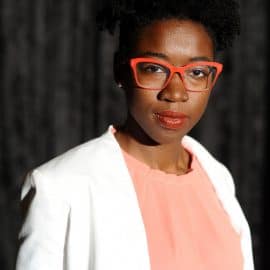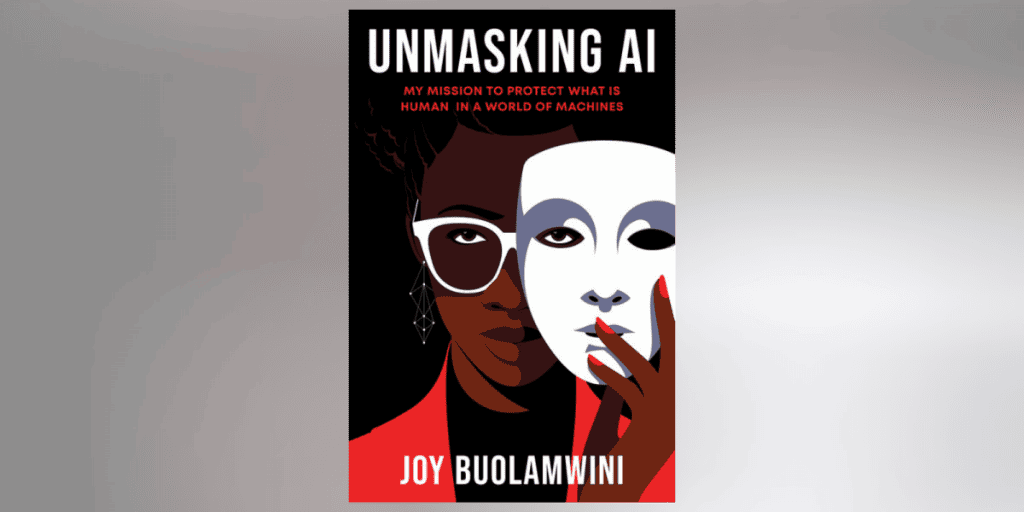


| Personal Brand Presence | 8 / 10 |
| Authoritativeness | 5 / 10 |
| Expertise | 7 / 10 |
| Influence | 5 / 10 |
| Overall Rating | 6 / 10 |
Code poet Joy Buolamwini utilizes art and science to shed light on the societal ramifications of artificial intelligence. In an effort to bring forth a more just and responsible technological environment, she established the Algorithmic Justice League. More than a million people have viewed her algorithmic bias TED Featured Talk. Large-scale racial and gender prejudice in AI services from Microsoft, IBM, and Amazon was discovered via her MIT thesis approach. Over 40 nations have published her study, and as a well-known worldwide speaker, she has spoken for algorithmic fairness at the UN and WEF. She is a member of the Global Tech Panel, which the vice president of the European Commission organized to offer guidance to tech CEOs and international leaders on mitigating the negative effects of artificial intelligence.
She has contributed opinion pieces on the effects of artificial intelligence to magazines like TIME Magazine and the New York Times as a creative scientific communicator. Her spoken word visual audit “AI, Ain’t I A Woman?” which depicts AI failures on the faces of iconic women like Oprah Winfrey, Michelle Obama, and Serena Williams, as well as the Coded Gaze short, have been included in exhibitions ranging from the Museum of Fine Arts, Boston to the Barbican Centre, UK. She is on a mission to tell stories that inspire daughters of diasporas to dream and sons of privilege to pause.
Joy is a Rhodes Scholar and a Fulbright Fellow. She has been included on several important lists, such as Forbes 30 under 30, Bloomberg 50, BBC 100 Women, Tech Review 35 under 35, and Forbes Top 50 Women in Tech (youngest). She graduated with a bachelor’s degree in computer science from the Georgia Institute of Technology and two master’s degrees from MIT and Oxford University. She was a pole vaulter in the past and still has nostalgic Olympic dreams. She was dubbed “the conscience of the A.I. Revolution” by Fortune Magazine when they included her on their 2019 list of the best leaders in history.
In Unmasking AI: My Mission to Protect What Is Human in a World of Machines, Buolamwini writes about how she personally came to realize the real and immediate risks associated with modern AI. She discusses her studies on face recognition software and the Gender Shades project, where she demonstrated that dark-skinned women were routinely misclassified by commercial gender categorization systems. She also describes her meteoric climb, including her appearances at the World Economic Forum, congressional testimony, and President Biden’s AI roundtable in the years after her TED presentation.
The book is an engaging read from an autobiographical perspective, but it also offers helpful questions for academics studying artificial intelligence who are willing to challenge their presumptions. She cautions engineers that benchmarks aren’t always evaluating the appropriate things, that default settings aren’t always impartial, and that handy datasets might be riddled with moral and legal issues. She responded to emails from IEEE Spectrum on how to challenge the current quo and be a principled AI researcher.

Solana has demonstrated strong performance, driven by increasing adoption, institutional interest, and key partnerships, while facing potential ...
Know MoreIn April 2025, the crypto space focused on strengthening core infrastructure, with Ethereum preparing for the Pectra ...
Know More